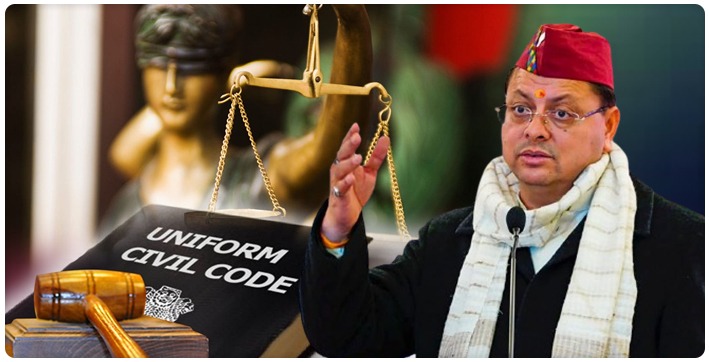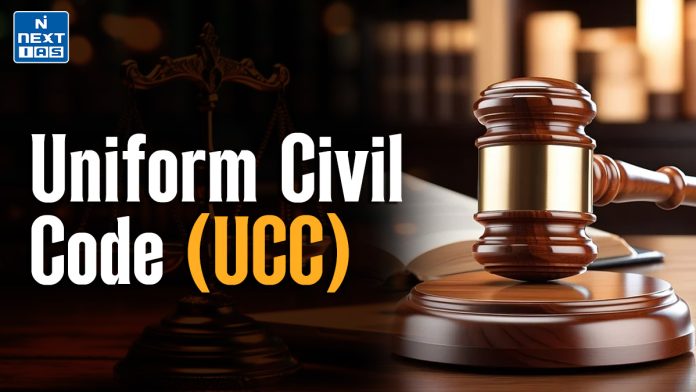- One of the pet projects of the Bharatiya Janata Party leadership is the emphasis on implementing the Uniform Civil Code (UCC) which has found resonation in the manifestos during the state and general elections alike. The party has been vociferously pushing for the UCC at every forum though consensus is lacking from the opposition ranks expectedly. In principle, the general public of the country would not mind favourbaly looking at the UCC in its intent and overall impact of maintaining uniformity in society. However, at the back of their mind, several concerned civil society experts would wish that the UCC should not be religion-specific or target a particular community in its entirety. Let’s dwelve deep to understand what UCC really stands for.

PC: DY365
- As you are aware, a few of the BJP-ruled states promised and are in the process of implementing the UCC in line with the party manifesto. The first off the block is Uttarakhand which has gone ahead with the UCC taking effect in recent times. However, closer scrutiny of the UCC reveals Uttarakhand’s UCC takes police into bedrooms and tells adults their parents still run the show. For the uninitiated, the UCC is an idea that was debated by the constituent assembly’s subcommittee on fundamental rights. Over the decades, it’s gained purchase across the political aisles as mentioned above, primarily from the BJP. Only, Parliament shied from it, while Uttarakhand marched ahead, and will likely be followed by other states soon.

- How, though, do its details measure up to the high ambition of a common law for all matters relating to marriage and property? On too many fronts, instead of reform to meet the needs of our time, UCC Uttarakhand and its rules read like they mean to hold off social progress willy-nilly. The most egregious example of this is a brand-new regime for patrolling live-in relationships. The government’s primary rationale for this has been public consultation with parents and elders, interested in increasing protection for youngsters. There’s no data proffered to say that live-in relationships are extra prone to crime. Such data doesn’t exist. Such a fact doesn’t exist. What exists is a massive social transformation where Gen Z and juniors have a different take.

PC: LiveLaw
Mind you, the present generation no longer studies, works and fraternizes like the previous generations. Accelerated urbanization has recast their lived reality, making the expectation that they remain traditional, absurd, and even cruel. Only through the most invasive possible means can the state know if any two cohabiting adults are in a live-in, a Victorian-style proxy for a sexual relationship. Yet, all live-ins must now apply for registration, which will be shared with police, and can also be rejected on sundry grounds. This is an assault on the fundamental rights to privacy and personal liberty. There’s much else in this UCC that’s oppressive which is anachronistic, to say the least. This is a sad and bad beginning of a new law. Period.






